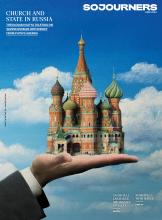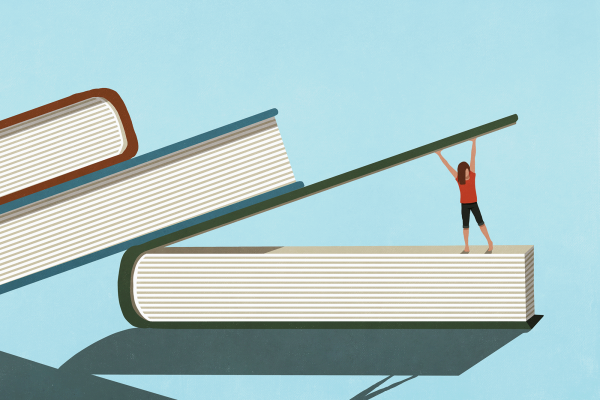I WAS WHAT library advocate Mychal Threets calls a “library kid.” My mother, a high-school dropout who loved to read, took me almost every Saturday. One of my earliest memories is playing in the stacks while she picked out romance novels and murder mysteries. This 1903 Carnegie library, one of almost 1,700 U.S. libraries funded by industrialist Andrew Carnegie between 1886 and 1919, seemed elegant and grand to a Midwestern country kid. When I was a little older, the children’s annex became my spot — modern and sunlit, with kid-sized bookshelves and chairs.
I could check out as many books as I wanted, on any topic, with my very own library card. It was like a candy store without threat of cavities.
Public school and the library were my first experience with the commons — cultural or civic resources accessible to all. Libraries offer books, but also other media and things like board games for borrowing; meeting space; and access to computers, quiet, and air conditioning. They often house local history collections.
What’s not to love about spaces and books open to all? But attempts to ban books have also been part of the fabric of library life. A parent or a local group might challenge a book they deem risqué, biased, or ideologically dangerous. Historically these book challenges have come from both the Left and the Right.
Read the Full Article

